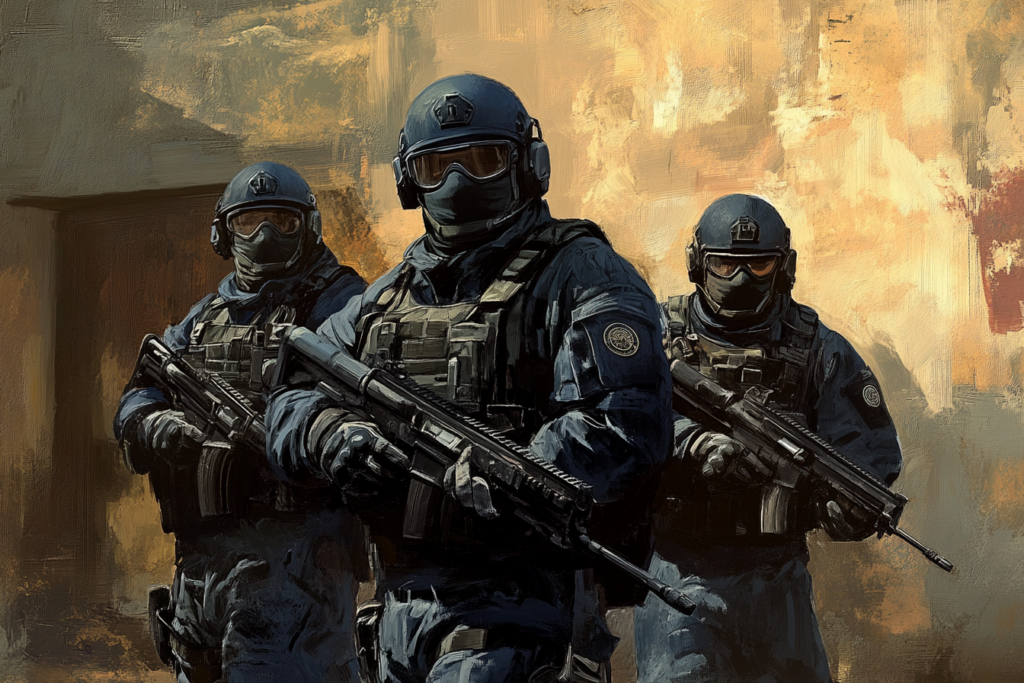Bridal Bliss Insights
Your go-to blog for all things weddings, trends, and bridal elegance.
Balancing Act: Juggling CS2 Economy Management Like a Pro
Master the art of CS2 economy management! Unlock pro tips and strategies to balance your resources and dominate the game like never before.
Top Strategies for Mastering CS2 Economy Management
Mastering the economy management in CS2 is essential for gaining a competitive edge. One key strategy is to prioritize utility purchases over weaponry in the early rounds. By allocating your funds to smoke grenades, flashbangs, and armor, you can effectively control engagements and create advantages in crucial situations. Additionally, always communicate with your team to ensure that resources are pooled effectively, allowing for a stronger collective push or defense. This coordinated economy not only enhances your team's buying power but also sets the tone for the entire match.
Another vital strategy is understanding when to eco versus when to force buy. An eco round allows players to save money for future rounds, thus ensuring that they can purchase full weapons, armor, and utility when needed. Conversely, if your team is on a winning streak, consider a force buy during a crucial round to maintain momentum. Use the buying phase wisely; assess your current situation, your opponents' economy, and make informed decisions that can secure you a significant advantage. Remember, effective economy management in CS2 is about striking the right balance between risk and reward.

Counter-Strike is a popular tactical first-person shooter franchise that has captivated gamers for years. With its latest installment, players can expect refined mechanics and an immersive gameplay experience. For example, understanding how to cs2 follow recoil can significantly enhance your shooting accuracy and overall effectiveness in the game.
Common Pitfalls in CS2 Economy Management and How to Avoid Them
Effective economy management in CS2 is crucial for team success, yet many players fall into common pitfalls that can impact their performance. One major error is overspending on weapons and utility early in the game. Players often purchase high-cost items without considering the long-term consequences. This can lead to a lack of funds for future rounds when it truly matters. To avoid this, consider following a budget plan and saving enough money to buy necessary equipment in subsequent rounds, ensuring that the team remains competitive throughout the match.
Another frequent mistake is failing to communicate effectively with team members about economy management. Players may not share vital information about individual finances or do not coordinate purchases, which can lead to an unbalanced team economy. To counter this issue, utilize a systematic approach by discussing resources at the beginning of each round. Implementing a team strategy around economy management and clearly communicating roles can help ensure that every player is on the same page, thus maximizing the team's chances of victory.
How to Assess Your Team's Economy for Better In-Game Decisions
Understanding your team's economy is crucial for making better in-game decisions. It involves a careful evaluation of the resources at your disposal, including your currency, equipment, and overall team health. Start by regularly assessing resource management through set intervals during gameplay. This approach helps in identifying when and where to allocate resources effectively, ensuring that your team maintains a competitive edge. Additionally, consider using tools or spreadsheets to track these metrics, making it easier to visualize trends and make informed decisions.
Another key aspect of assessing your team's economy is communication. Create an environment where team members can openly discuss their current status, potential investments, and strategic plays. Utilize quick in-game communication tools to relay economical insights during crucial moments. For instance, if a teammate has accumulated significant resources, prompt them to either purchase better gear or contribute to team objectives. A cohesive approach to managing your team's economy can greatly enhance your overall strategy and improve your odds of victory.